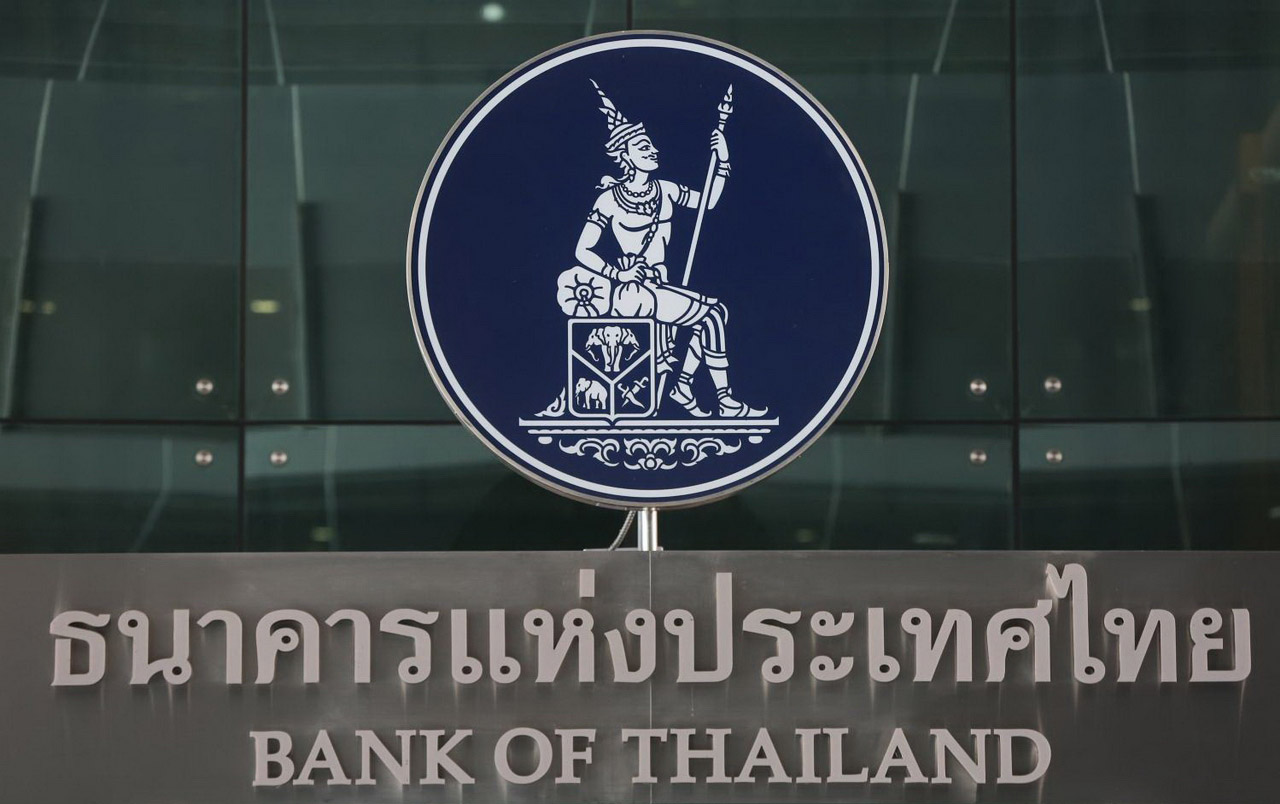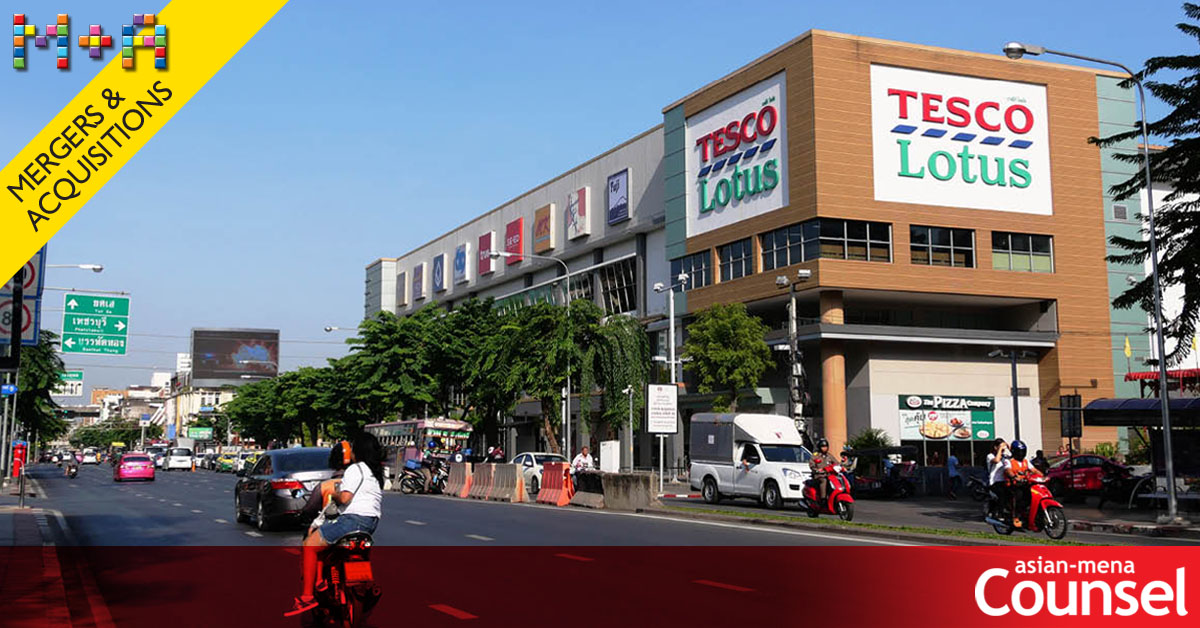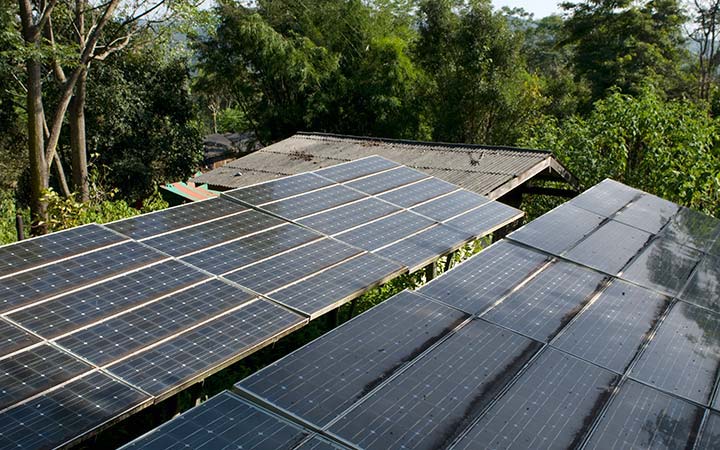The Emergency Decree on Managing of Foreigners B.E. 2560 (the “Decree”), enacted on 17 June 2017 was met with significant criticism for harsh penalties for offenders. In response to that criticism, the government decided to amend the Decree with relaxed penalties. The Amendment to the Decree became effective on 28 March 2018.
The key aspects of this new Amendment are as follows:
New “No Work Permit-Required” Employment
Previously, types of work that did not require a work permit were limited to certain activities. Further, such activities were, primarily, non-business related e.g. diplomatic missions, missions for the purpose of education, cultural, arts or sporting activities. This new Amendment aims to eliminate business operators’ burden of having to apply for a work permit for “one-time jobs”. According to Section 4 of this Amendment, the following types of duties and work activities will no longer require a work permit:
- Persons who enter Thailand periodically to hold or attend a meeting, a lecture, a demonstration at a meeting, express an opinion, attend a training, a work inspection, (or a seminar etc.) according to the period and conditions prescribed by the Council of Ministers;
- Persons who enter Thailand to operate a business or to make investments or who have knowledge, ability or highly developed skills, which would be beneficial to the development of Thailand, as prescribed by the Council of Ministers;
- Representatives of a foreign juristic person licensed to operate a business under the law governing foreign business operations.
However, regarding the first two bullets above, (i) specific details, such as the period and conditions affecting these provisions must be finalized in a subordinated regulation issued by the Council of Ministers, and (ii) as of the date of this publication, such subordinated regulation has yet to be issued. Consequently, foreigners currently intending to conduct the first two activities are still required to apply for a work permit.
Revised Definition of “Work”
Prior to the Amendment, the term “Work” meant “to use physical energy or knowledge to engage in an occupation or work, whether or not with the aim to receive remuneration or any other benefit, except for the work prescribed in a notification by the Minister.”
With this new Amendment, the definition of the term has been changed to “an engagement of any profession, with or without employer but excluding business operation of a licensee under the law governing foreign business operation.” (Section 5 of the amended Decree, as amended). To clarify, the term “licensee” mentioned above refers to business operations that have been granted a license under the Foreign Business Operation Act.
The purpose of this revision is to broaden the scope of the term “Work” to mean any professional engagements, regardless of whether they are done for the benefit of the employee. (Section 5)
New Timeframe for Issuing a Work Permit
Prior to the Amendment, the timeframe for issuing a work permit was not prescribed in the Decree. Consequently, the timeframe for issuing a work permit was viewed as an internal practice and often heavily depended on the discretion of the registrar. With this new Amendment, a new maximum timeframe is prescribed. Now, the issuing procedure must not exceed fifteen (15) work days from the date an application is submitted. (Section 59)
Reduced Penalty
- Under the new Amendment, the imprisonment penalty is now removed. According to Section 101 of the decree, a foreigner who works in Thailand without a work permit or works outside the permitted scope shown in their work permit will be subject to a fine from THB 5,000 to THB 50,000. The former penalties of, 1) a fine from THB 2,000 to THB 100,000, and, 2) an imprisonment term not exceeding 5 years, or both, are now both removed;
- According to Section 102 of the decree, an employer who employs a foreigner without a work permit or who works outside the permitted scope shown in the work permit will be liable to a fine from THB 10,000 to THB 100,000. This supercedes the decree before the Amendment, which prescribed a fine to the employer from THB 400,000 to THB 800,000, for each foreigner employed;
- Additionally, one more charge has been added by this new Amendment. That is, an employer who repeats the offence of hiring a foreigner without a work permit will be subject to an imprisonment term not exceeding 1 year or a fine from THB 50,000 to THB 200,000 (or both) for each foreigner employed. Further, the employer will also be prohibited from employing a foreigner for 3 years from the date of final judgment by the Court. (Section 102)
This new Amendment will facilitate business operations in Thailand. With respective changes to types of work activities not requiring a work permit and reduced penalties, business operators can now more fully focus resources on their businesses – a positive development.
This update is intended to highlight an overview of key issues for ease of understanding, and not for the provision of legal advice. If you have any questions about this publication, please contact your regular contact person(s) at Mori Hamada & Matsumoto or Chandler MHM Limited, or any of the Key Contacts listed below.
| Ratana Poonsombudlert TEL 66-2-266-6485 Ext 153 (ratana.p@chandlermhm.com)Tachatorn Vedchapun TEL 66-2-266-6485 Ext 145 (tachatorn.v@chandlermhm.com) Kiratika Poonsombudlert |
Suphakorn Chueabunchai Chandler MHM Limited |

























































 Chandler MHM Limited
Chandler MHM Limited Jessada Sawatdipong
Jessada Sawatdipong







